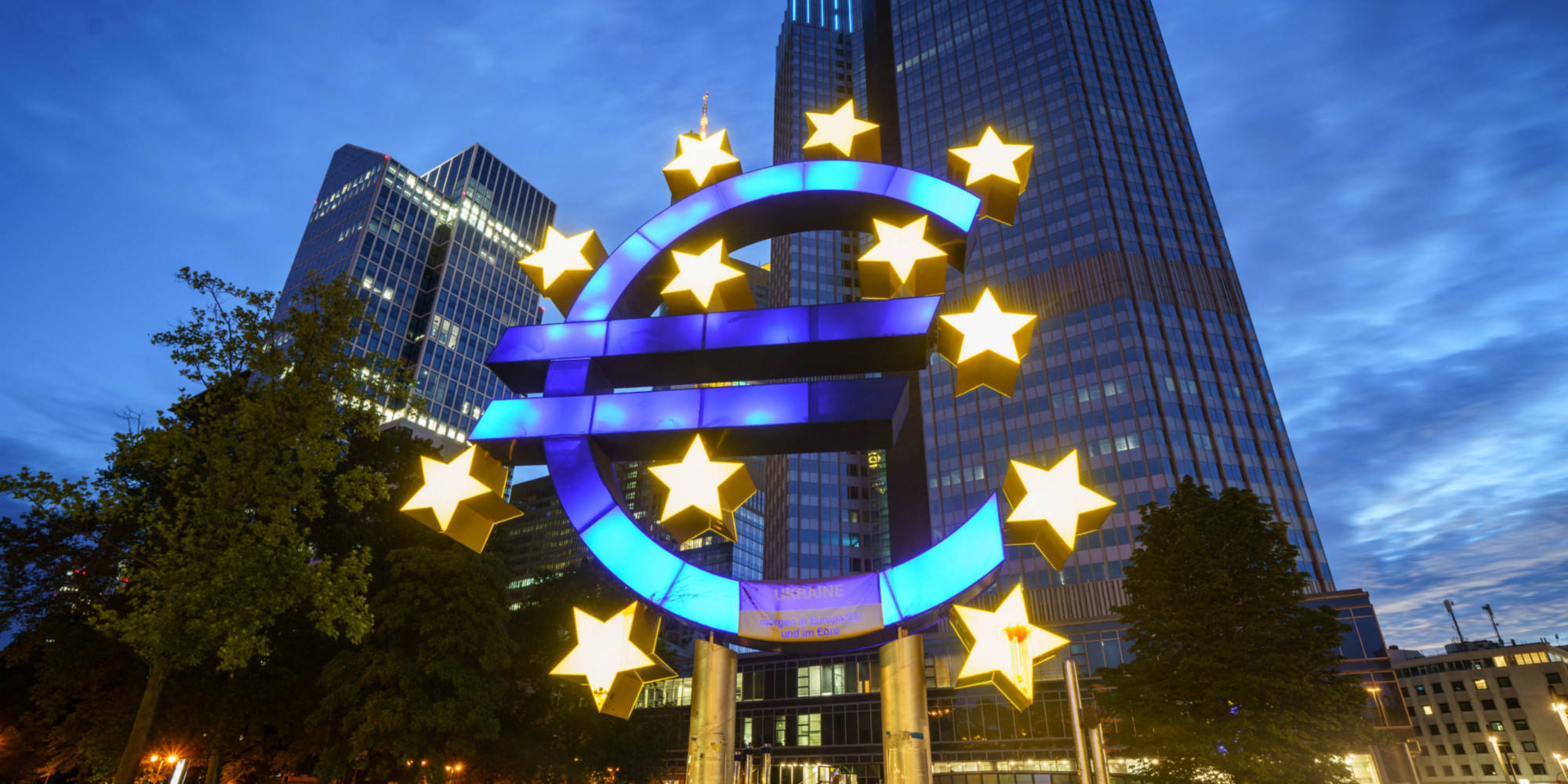Margaux Fodéré 2:10 p.m., July 21, 2022, modified at 2:10 p.m., July 21, 2022
The European Central Bank made a historic turning point by announcing the end of negative rates, in response to galloping inflation.
From now on, borrowing money will cost you more, starting with consumer loans and mortgages.
On a European scale, to contain the galloping 8.6% inflation in the euro zone, the European Central Bank (ECB) took a historic decision: to raise its key rates, which had not happened for 11 years.
A quarter-point increase is expected.
Concretely, with higher interest rates, borrowing money will cost more.
Consumer loans directly affected
Starting with consumer loans, the loans you can take out to pay for your mobile phone or your car, for example.
With these famous payment systems in installments, mortgages will also cost more, even if they have already started to increase for several weeks, in anticipation of this rate hike.
>> Find Europe midi in replay and podcast here
There will be another consequence for the State this time, there will be more charges to pay to repay its debt.
It is estimated that an increase of one interest rate point represents ten billion euros more to be paid after three years.
This could result, at some point, in higher taxes.
>> READ ALSO
- Inflation: what to remember from the ECB's announcements
The shock could therefore be harsh at the beginning even if for the moment, we are talking more about a return to normal.
Keep in mind that European countries have become accustomed to cheap money, with negative rates for several years.
A particularly extraordinary situation.

